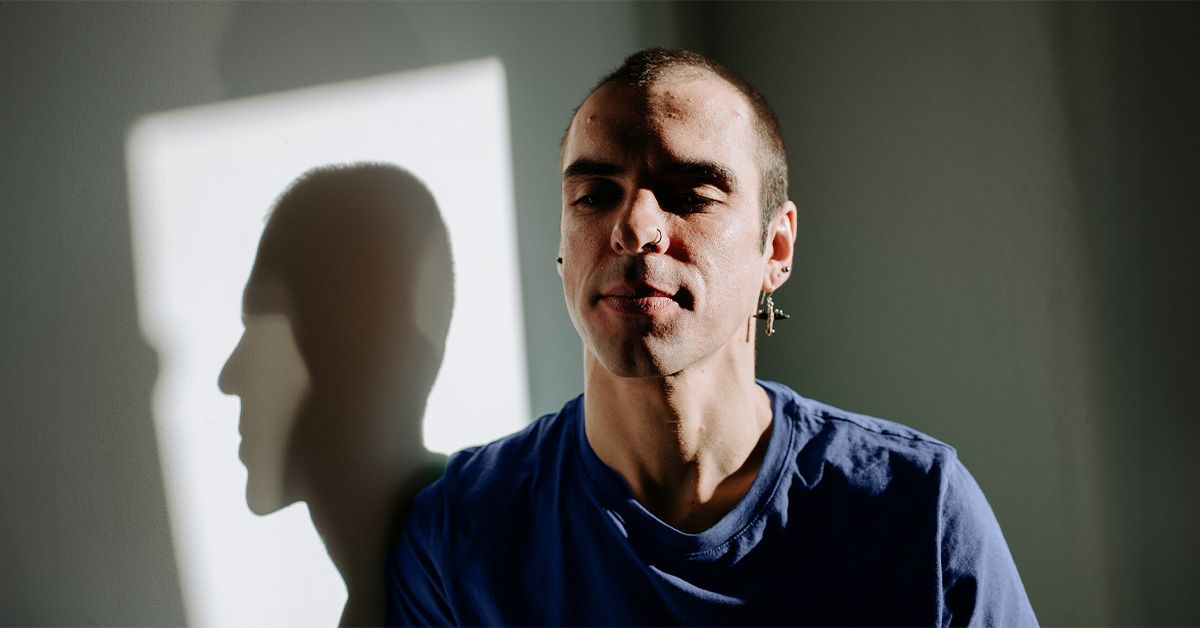When it comes to treating anxiety, there are a variety of options available, ranging from psychological interventions to antidepressants. In addition to traditional treatments, experts also recommend self-care practices such as avoiding alcohol and illegal drugs, regular exercise, maintaining a consistent sleep and eating schedule, and utilizing relaxation techniques like mindfulness meditation. A recent study conducted by the National Institute of Mental Health has found that mindfulness-based stress reduction (MBSR) may be just as effective as antidepressants in reducing anxiety symptoms.
The study recruited 276 adults with various anxiety disorders and divided them into two groups – one receiving MBSR and the other receiving escitalopram (Lexapro), a commonly used SSRI medication. Participants in the MBSR group attended weekly group sessions where they learned and practiced different forms of mindfulness meditation, while those in the medication group took escitalopram daily and had weekly clinical follow-ups. Results at the midpoint and endpoint of the trial showed that both treatments were equally effective in reducing anxiety symptoms, although the medication group experienced more side effects.
Despite the initial difference in the reduction of anxiety symptoms between the two groups, by the end of the 8-week study period, there was no significant distinction. This suggests that MBSR could be a viable alternative to antidepressants for treating anxiety disorders, especially for individuals who wish to avoid the side effects associated with medication. The authors of the study propose that MBSR should be considered as a treatment option for individuals with anxiety disorders in clinical settings, offering patients a choice between medication and mindfulness-based interventions.
Elizabeth Hoge, the corresponding author of the study, pointed out that patients often have strong preferences when it comes to their treatment options. Some may prefer mindfulness practices as a non-pharmacological approach to managing their anxiety symptoms, while others may opt for medication for quicker relief. It is essential for healthcare providers to offer personalized care and consider patients’ preferences when recommending treatment for anxiety disorders. Ultimately, the study highlights the potential of mindfulness-based interventions as a valuable tool in the management of anxiety symptoms.
Lee Chambers, a psychologist not involved in the study, emphasized the significance of the findings, noting that mindfulness could offer a safer alternative to medication with fewer side effects and less risk of addiction. By incorporating mindfulness practices into treatment plans for anxiety disorders, individuals may experience similar benefits to those provided by antidepressants, without the potential drawbacks. Overall, the study sheds light on the importance of personalized care and diverse treatment options for individuals struggling with anxiety, paving the way for a more holistic approach to mental health care.











